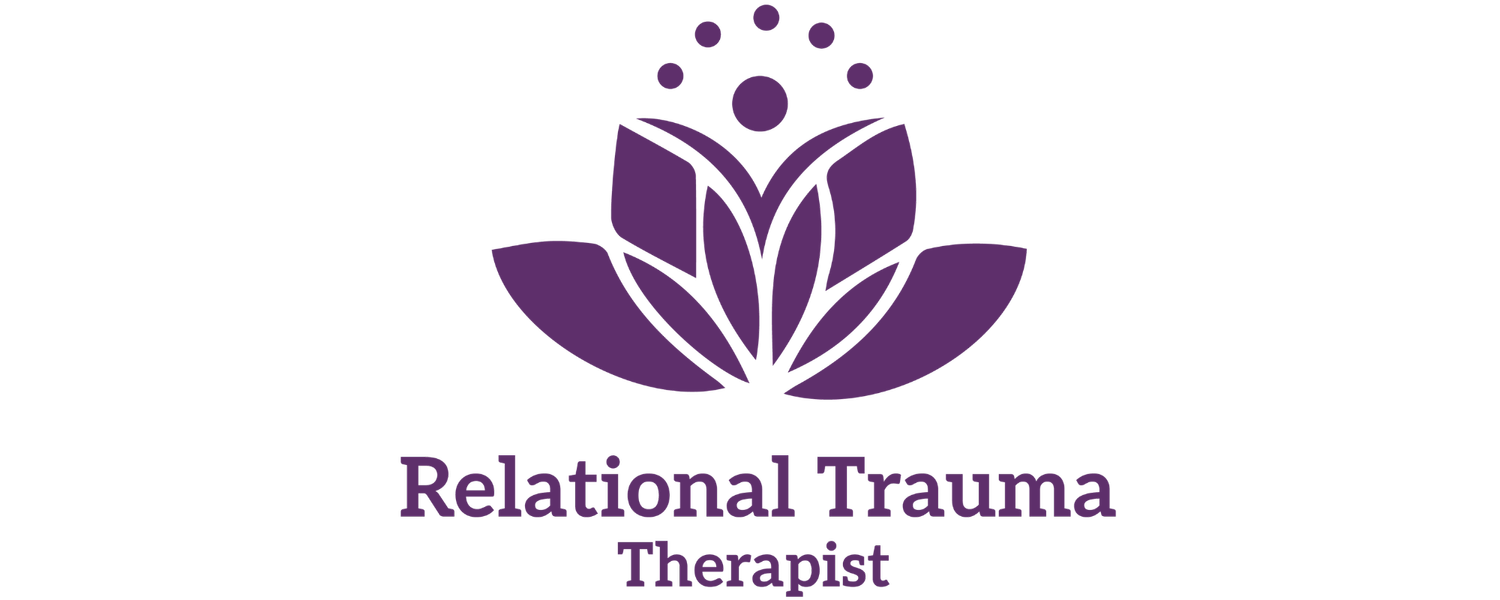How to Set Healthy Boundaries for Stronger Relationships
Healthy boundaries are the foundation of emotional well-being and meaningful relationships. They allow us to show up as our best selves—protecting our time, energy, and emotional health while facilitating mutual respect. If you’ve ever felt stretched too thin, overwhelmed by demands, or unsure where to draw the line, you’re not alone. Setting healthy boundaries takes practice, but it’s one of the most empowering things you can do for yourself. Research supports this. According to Setting Healthy Boundaries in Relationships by Sheldon Reid (reviewed by Melinda Smith, M.A.), blurred boundaries, especially between work and personal life, are directly linked to higher emotional exhaustion and lower happiness. In contrast, people who set and maintain clear boundaries report stronger self-esteem, reduced stress, and more balanced relationships. This shows that boundaries aren’t just about “saying no”, they’re an evidence-based tool for protecting your well-being and fostering meaningful connections.
What Are Healthy Boundaries?
Boundaries are the invisible lines we draw to protect what matters most—our time, energy, and well-being. They’re not walls to keep people out but rather guidelines to ensure that our relationships remain respectful and balanced.
Healthy boundaries come in many forms:
Physical: Defining your personal space or comfort with touch.
Emotional: Deciding how much of your inner world you want to share.
Time: Protecting your availability and prioritizing what’s important to you.
Boundaries are deeply personal. What feels right for you might be different for someone else—and that’s okay. Learning to set boundaries based on your own values and needs is a vital part of building self-awareness and protecting your mental health.
Why Are Boundaries So Important?
Without boundaries, life can feel chaotic. You might find yourself saying yes to things you don’t want to do, feeling resentful, or losing sight of your own needs. Boundaries give you the power to:
Take charge of your life.
Protect your emotional well-being.
Build healthy relationships based on mutual respect.
Prevent burnout.
Show others how you deserve to be treated while reminding you of your own worth.
When we practice boundary-setting, we are actively supporting our long-term mental health and emotional resilience.
Signs You Might Need Stronger Boundaries
Do you often feel drained, overwhelmed, or resentful after interactions with others? This may be a sign that it’s time to reevaluate your boundaries. Here are some other signs:
You struggle to say no, even when you want to.
You prioritize others’ needs at the expense of your own.
You fear disappointing people or worry about how they’ll react if you assert yourself.
If any of these resonate, it’s a signal that stronger boundaries could help restore balance in your life. These behaviors may also be linked to chronic stress, low self-esteem, or difficulty with confidence—issues often addressed in therapy or counseling.
Steps to Set Healthy Boundaries
Boundary-setting doesn’t have to feel overwhelming. Here’s a step-by-step guide to help you start:
Identify Your Needs: Take time to reflect. What makes you feel safe, respected, and valued in your relationships? What behaviors cross the line for you?
Communicate Clearly: Express your boundaries in a calm and respectful way. For example: “I need some time to myself after work to decompress.” Clear communication makes it easier for others to understand your needs.
Practice Saying No: Saying no can feel uncomfortable at first, but it’s essential for setting boundaries. Remind yourself that prioritizing your well-being isn’t selfish—it’s necessary. It's a skill that helps reduce anxiety and strengthens your confidence over time.
Stay Consistent: Mixed messages can blur your boundaries. Reinforce them consistently to ensure they’re respected.
Seek Support: If setting boundaries feels especially challenging, a therapist or trusted friend can help you navigate your emotions and develop strategies. It's a skill that helps reduce anxiety and strengthens your confidence over time.
Maintaining Boundaries in Challenging Situations
Setting boundaries can feel especially tough when others push back. You might face resistance or guilt but remember: boundaries are about you.
Stay Calm: Avoid over-explaining or defending your choices.
Reinforce Firmly: Politely but confidently restate your boundaries if needed.
Know Your Worth: Remember that healthy relationships will respect your needs, even if it takes time to adjust. Standing firm in your boundaries builds confidence and protects your emotional well-being.
Sometimes, our inability to maintain boundaries stems from unresolved emotional issues like low self-esteem or chronic anxiety. Working with a therapist can help uncover these root causes.
Benefits of Setting Healthy Boundaries
When you make boundaries a priority, you create space for growth, balance, and healthier connections. You’ll notice:
Stronger Relationships: Built on mutual respect and understanding.
Improved Self-Esteem: Knowing your needs matter boosts your confidence.
Reduced Stress: Boundaries help prevent burnout and overwhelm.
Healthy boundaries support not just your emotional well-being, but also your overall mental health. They encourage positive behavior, foster stronger self-identity, and create safety in your relationships.
By practicing boundary-setting consistently, you are investing in your emotional growth, reducing anxiety, and promoting lasting self-worth. Whether you’re navigating family dynamics, friendships, or romantic relationships, strong boundaries are key to meaningful connections and authentic self-expression.
Final Thoughts
Setting boundaries is a lifelong journey, not a one-time fix. Like any new habit, it takes time, patience, and consistency. But the rewards—greater self-esteem, deeper relationships, and a stronger sense of self—are well worth the effort.
If you find yourself struggling with persistent stress, anxiety, or resentment, it may be helpful to seek support from a licensed therapist. Therapy can be a powerful tool in building the skills and emotional insight needed for strong boundary-setting.
Remember: boundaries aren’t about keeping others out—they’re about protecting your peace, your values, and your emotional health. Every step you take toward honoring your needs is a step toward greater freedom, joy, and connection.


